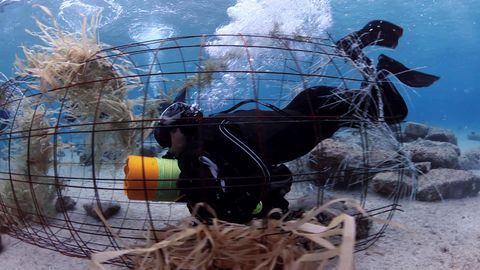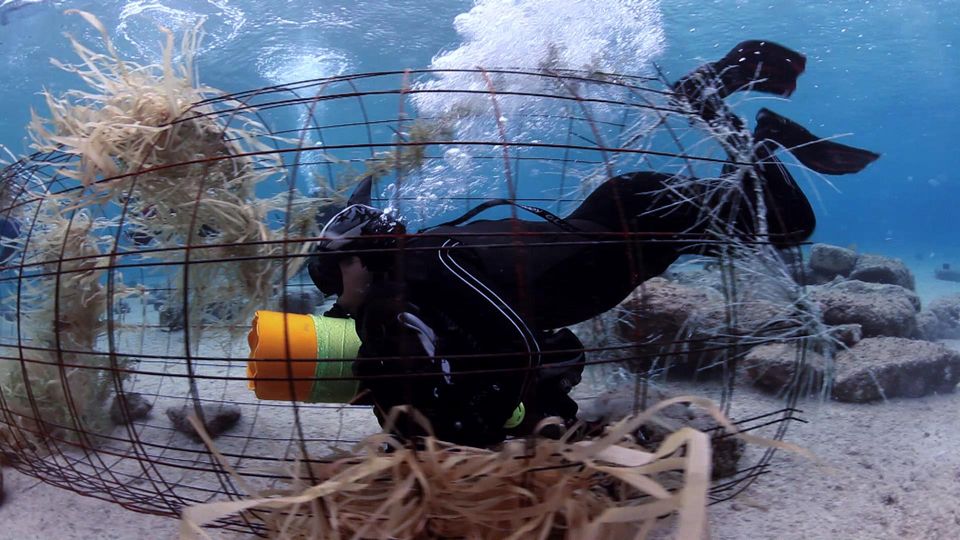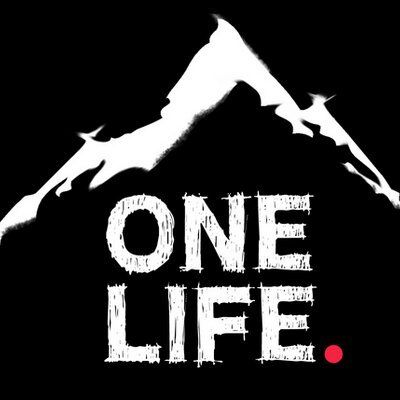The Ultimate Diver Challenge - Mexico
Most people consider Scuba diving a non-competitive sport, and at the basic level, it’s about having fun and exploring safely underwater. That’s why I started diving. But what started as a simple hobby for me has become a full-time avocation.
Who are you
Forest Rothchild, Scuba Diving Instructor and Golf Ball Diver
The Challenge
Ultimate Diver Challenge, Cozumel, MX
How long did it take
5 days
What was the depth
27 meters deep
How much did it cost
$150 (US), plus travel and expenses
Who was the organiser

What was it like
Most people consider Scuba diving a non-competitive sport, and at the basic level, it’s about having fun and exploring safely underwater. That’s why I started diving. But what started as a simple hobby for me has become a full-time avocation. And like all passionate, committed professionals, serious divers value precision, enhancing our skills through training and safety, and matching our skills against others in our field.
At the highest levels of diving you can have the most expensive gear, but a calm, cool and collected underwater demeanor is the most important skill a diver can have. That’s what the UDC tested: We competed against other teams in challenges assessing our Scuba knowledge, buoyancy, navigation, safety, stress and search and rescue skills.

One of my UDC experiences required me to navigate through a narrow cave: I’m a pretty big guy, and when you add tanks and other assorted gear, it was a tight squeeze. In real life diving and exploring ship wreck and cave systems, tight situations can be a life and death situation in which I need to be completely calm and rely on my knowledge and training. I liked putting myself to the test and emerging triumphant.
Really, the UDC appealed to me because I wanted to see if I had the knowledge, skills and ability to be the “best of the best” in scuba diving. Even if it was just the “best of my best” it was a great experience.

How did you train
Just like if you’re going to run a marathon you need to train by running, to be at my best for the UDC I trained a lot—both in and out of the water. Most folks don’t realize that much of Scuba diving is about body position, and so I spent a lot of time out of the pool in a harness I invented that helped me refine “trim” of my body. My wife called it a hammock (because she caught me sleeping in it once, I was in it so often!). In a recent episode that just aired, I won the dive profile challenge were my efforts paid off.
In the water, under various conditions, I drilled my basic Scuba technique until it became second nature and instinctive. I swam a couple thousand meters a week (in 1500 meter repeats) and twice a week hit the weight room for lots of reps lifting light weight for my legs, lower back, and abs. I also worked closely with the experts at my local dive shops to get pointers on my technique, knee and hand protections. I also practiced underwater orienteering: That is, navigating in current and moving water.
Any other useful hints / links
The absolute best part of participating in the UDC was having fun with and learning from my fellow divers. At the end of the Challenge I was a much better diver than when I started, and that along made the trip worth it.
In terms of gear, I’d say from experience that the best gear divers can use is Halcyon: Rugged, durable, and reliable, it’s designed to be clean, minimalistic, and (as I learned) it can withstand a lot of punishment—both on the shore and underwater.
View More Articles
Services List
-
Land This is a text area. Writing in paragraphs lets your visitor find what they are looking for quickly and easily. Edit the text in the list editor.
Land -
Water Expeditions This is a text area. Writing in paragraphs lets your visitor find what they are looking for quickly and easily. Edit the text in the list editor.
Water Expeditions -
Ice Expeditions This is a text area. Writing in paragraphs lets your visitor find what they are looking for quickly and easily. Edit the text in the list editor.
Ice Expeditions
